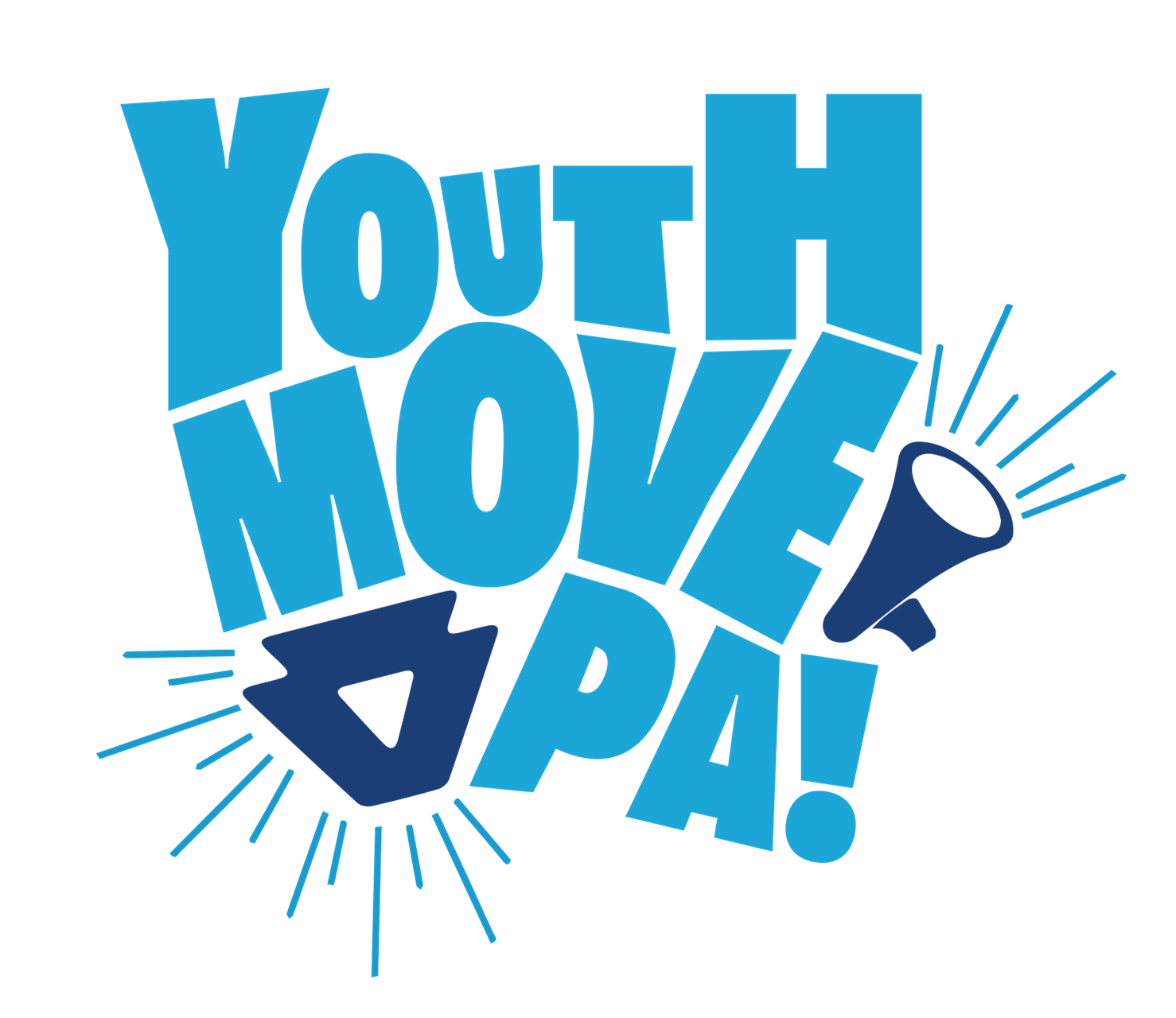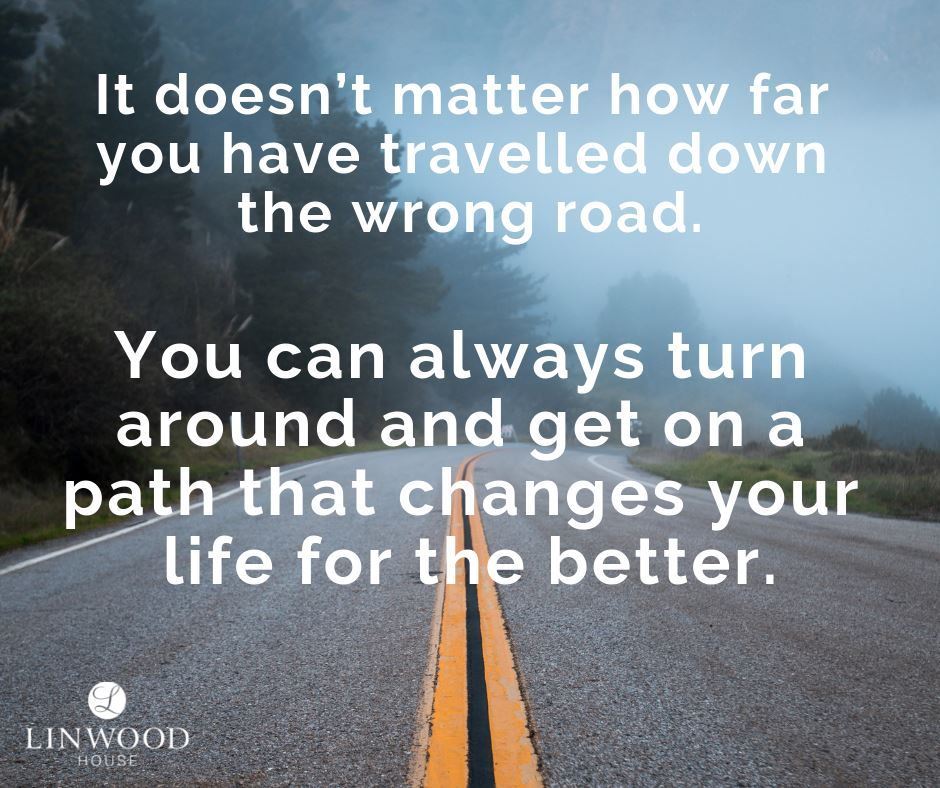DRUG & ALCOHOL SERVICES
What is Recovery?
Recovery is a process of change through which individuals improve their health and wellness, live a self-directed life, and strive to reach their full potential. Through the Recovery Support Strategic Initiative, SAMHSA has delineated four major dimensions that support a life in recovery:
Source: SAMHSA’s Working Definition of Recovery |
What is MAT?
Medication-Assisted Treatment, or MAT, is the use of medications, in combination with counseling and behavioral therapies, to provide a “whole-patient” approach to the treatment of substance use disorders. Medications used are approved by the Food and Drug Administration (FDA) and are clinically driven and tailored to meet each patient’s needs.
Research shows that a combination of medication and therapy can successfully treat substance use disorders, and for some medications can help sustain recovery. Medications are also used to prevent or reduce opioid overdose. The ultimate goal is full recovery, including the ability to live a self-directed life.
Source: Medications for Substance Use Disorders | SAMHSA
Resources on MAT:
- Online Treatment for Opioid Addiction & Dependence | Ophelia
- Medication Assisted Treatment (pa.gov)
- Pennsylvania Medication-Assisted Treatment (MAT) (peacevalleyrecovery.com)
- Glossary of Alcohol and Drug Terms: Glossary of terms related to drug and alcohol use.
- Addiction - Sunshine Behavioral Health: Addiction signs, symptoms, and treatment.
- Substance Abuse Prevention | Youth.gov: Information on effective substance use prevention intervention programs.
- SAMHSA Prevention of Substance Use and Mental Disorders Guide: SAMHSA's guide to substance use prevention.
- How To Talk to Your Teen About Substance Abuse Guide For Parents: Talking to teenagers about drugs and alcohol is important. Teens need structure to stay safe. Having clear rules about drugs and alcohol can help.
- One Pill Can Kill (dea.gov): Resources to raise awareness of the fentanyl crisis.



